|
Welcome back to my It’s a Writer Thing special focus on feedback. Once again, I'm sending a HUGE thank you to Amber Gregg, author and blogger, for hosting my It's a Writer Thing series on her blog, "Judging More than Just the Cover." Check there for book reviews and other great author interviews and articles. The last post in this series covered the givens of receiving input on our writing, and today, I’ll discuss a couple basic types of feedback. 1. Formative feedback. I got the following definition from evaluationtoolbox.net. According to this resource, a formative evaluation is one that “takes place before or during a project's implementation with the aim of improving the project's design and performance.” So, if we insert the word ‘book’ into this definition, formative feedback is any that is given during the initial plotting OR drafting of a book OR during the rewrite phase. It’s collaborative and cooperative. This feedback may be intended to help shape the story itself, to enrich the characterization or emotion, to help the author tell the story in the clearest way, and to remover errors. When I initially joined critique groups way back in the day, this was the kind of feedback I was given. (Hint, it wasn’t what I needed, though. Not then, not yet. (More on that in a sec.) So, this is where I think it’s useful for us to think about the impact of feedback at each of these three stages of the writing process. Feedback during plotting, for me, is great. Actually, brainstorming with trusted friends is one of my favorite parts of the plotting process (especially with my husband—seriously, he’s like my story steroids, and every time we get into a conversation, regardless of what phase I’m in, I come away with new ideas and energy). I love letting a story live in my brain for several weeks as I let all the moving parts swirl into some kind of pattern. And, since no matter how well we plot, we always come to a stuck point along the way, I find this kind of process helpful during drafting as well. What’s not helpful for me? Critiques of my pages while the first draft is in process. I’ve gone that route in the past, not understanding what impact others’ feedback would have on my story, and let’s say, it totally changed my outcome. Now, this may be totally fine for others, but for me, it doesn’t work. Here’s why. Critique groups or other scenarios where a chapter or two is read at a time, bring a lot of attention to one tiny part of our books. I often got irrelevant suggestions or questions about things that related to plot points later on. And let’s face it, critique groups are meant to help us figure out what we can improve, but when you bring such a huge magnifying glass to a tiny chunk of prose, it’s not uncommon to come away feeling like Cinderella after her stepsisters got their hands on her dress for the ball. This doesn’t mean I don’t take formative feedback on my pages. I just prefer to wait until my entire manuscript is done. That way, my critique partner can see and base any guidance they offer on the whole picture. Now that I know this about myself, I can be deliberate in how, when, and from whom I ask for feedback during plotting and drafting. Each author must figure out what works and doesn’t work for them. This is a highly personal process. 2. Summative feedback. Our friends at evaluationtoolbox.net tell us that a summative evaluation is “the assessment of a project where the focus is on the outcome…” The perfect example of this kind of feedback is a book review. The book is complete and published, and now, readers can tell us what think. Beta readers can also give us this kind of feedback. And I’ll pause here to define this term, because this was yet another one I didn’t know when I was still trying to figure out what the hell was going on in this crazy writing world. Beta readers are people who read our stories when they’re pretty much ready to query (or so we think). We’re ready for betas when we’ve already gotten rounds of feedback from our CPs, done rewrites and edits, fixed the confusing parts, and put as much polish on our stories as we possibly can. Though they may identify some lingering issues or little things to fix, they shouldn’t find anything earth-shattering. If they do, we didn’t do our job well enough in the drafting/rewrite stage. Our betas’ stamp of approval is often the sign that we’re ready to start querying or submitting. The tricky thing about summative feedback is that even after publication, we can look at our work and find things we would still like to change. That’s just par for the course. I’ve heard many authors talk about what they’d like to do if they could get this or that story back. In the end, no story is ever truly finished. So, there we have it, the two official, main kinds of feedback. But, there’s one more type that I want to talk about, and I’ll admit, I made this one up myself. 3. I made this one up: Please just tell me I can write b/c I’m writing and I don’t know if this is really stupid, if I’m any good, and if I should just give up now and I’m kind of scared. Remember when I talked above about the perils of critique groups in the early stages of drafting? I can say, first hand, that as a new writer this feedback was downright harmful. Here’s why. Disclaimer, it’s a little bit complicated. As learners, we need to strike the right balance between self-evaluation, taking influence, and developing our own style (plus, trust in that style). But when you’re new at something, especially if the entire field of study is new to you (like writing was to me), we’re not very good judges about where we’re at, what feedback is valuable, and what feedback isn’t. Finding our authentic voice is a tricky, craggy, vine-grown, hilly path with dangerous creatures lurking in the woods nearby. If we have too much confidence, we won’t let others give us the valuable information we need to improve, but if we have too little, we’ll let people drag us all over that road and off the path, getting us completely lost and then running away with whatever GPS we had when we’d started the journey. It’s not a surprise that critique groups can do this to us. That’s what they’re for, right? To give critiques. To tell us what we can do better. But at first, especially for people new to writing, we just need supportive cheerleaders who can read our stuff and champion us on to keep going. Someone who can say, “Whoa, you wrote a book! Cool! I think it’s good, so far. I’m sure you can make it better, but keep it up!”
When I walked into my first critique group, this was all I wanted. But I walked out with a million suggestions on my story, many of which I implemented without any consideration at all as to whether this was in service of my voice or my story. To be fair, I didn’t know what my voice was and I had no idea how to evaluate whether the feedback I received served it. Later, I looked back and grieved over my original vision for my first book. It was entirely changed because I assumed that these people knew way more about writing than I did (which, technically, they did), so I must be doing it wrong (but, this wasn’t necessarily the fact). Though I’m very happy with the way my first book turned out, the quirky/humorous/snarky narrator voice I’d wanted for this MG fantasy was edited completely out by people who didn’t get what I was going for and because I didn’t know enough about what I was going for to ignore what wasn’t helpful. To be fair, I still learned a TON from these folks, but this valuable (unintended) lesson was one thing I learned too. For my next post, I’m going to outline the different types of critique partners every good writer needs (yup, there are several types). Until then, You can do it. You can write! Yes, 'happy-dancing' is a verb, because that's what I'm doing right now. All over the place. Happy-dancing and dissolving into spontaneous smiles. I'm thrilled to announce that I've been offered representation by an incredible literary agent, Dr. Uwe Stender. I'm honored to join #TeamTriada alongside the other talented TriadaUS Literary Agency authors and agents.
When I received the first tweet from Rebecca Faith Heyman about my Pitch2Publication submission, TEN PAST CLOSING (a young adult thriller), I was through the roof. And it only got better and better after that. I am beyond grateful to Rebecca and the organizer of P2P, Samantha Fountain, and for the support of the other P2P authors. Now, it's time to get to work so TEN PAST can find its way onto the shelves. And if anyone is interested, you can read the book blurb on the P2P website right HERE. |
Jessica Bayliss Blogs about reading, writing, & other fun stuff
Categories
All
Archives
October 2019
|

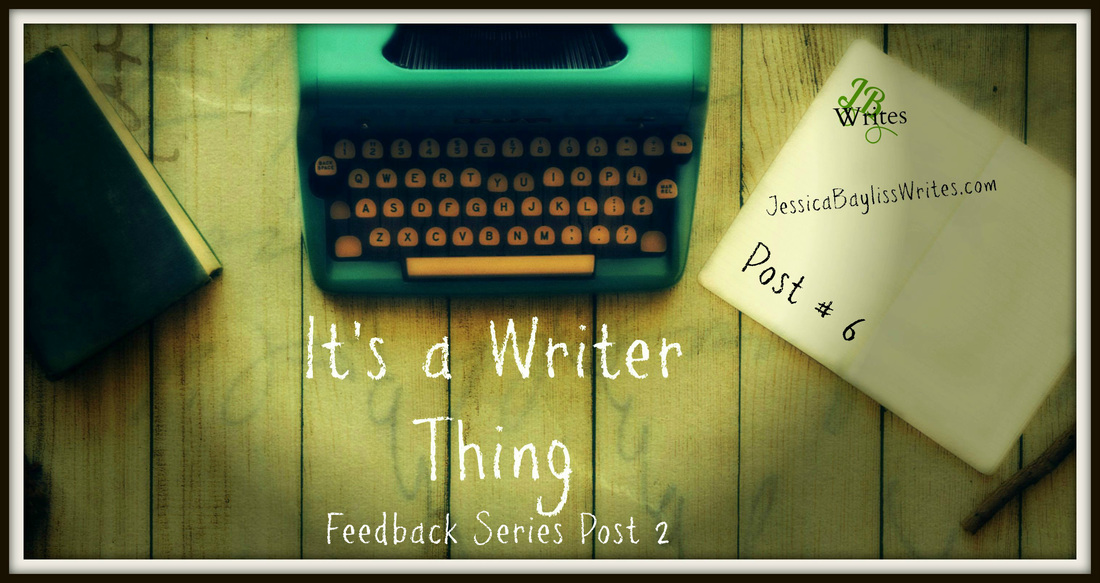

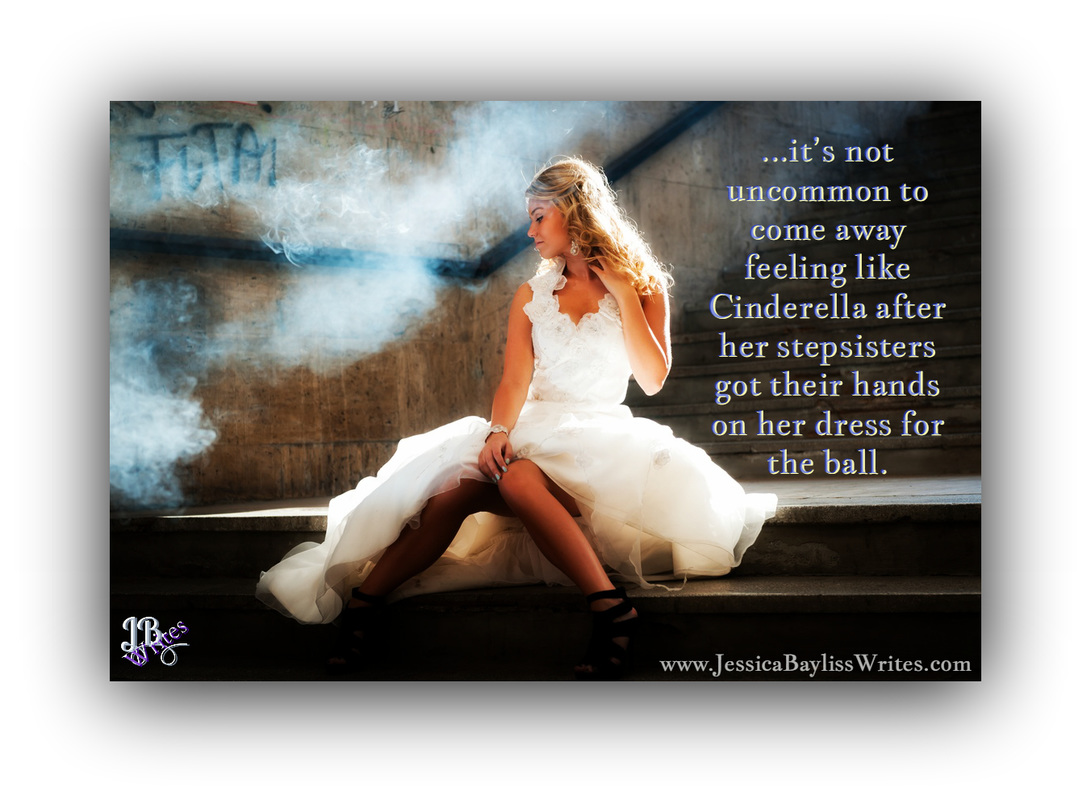
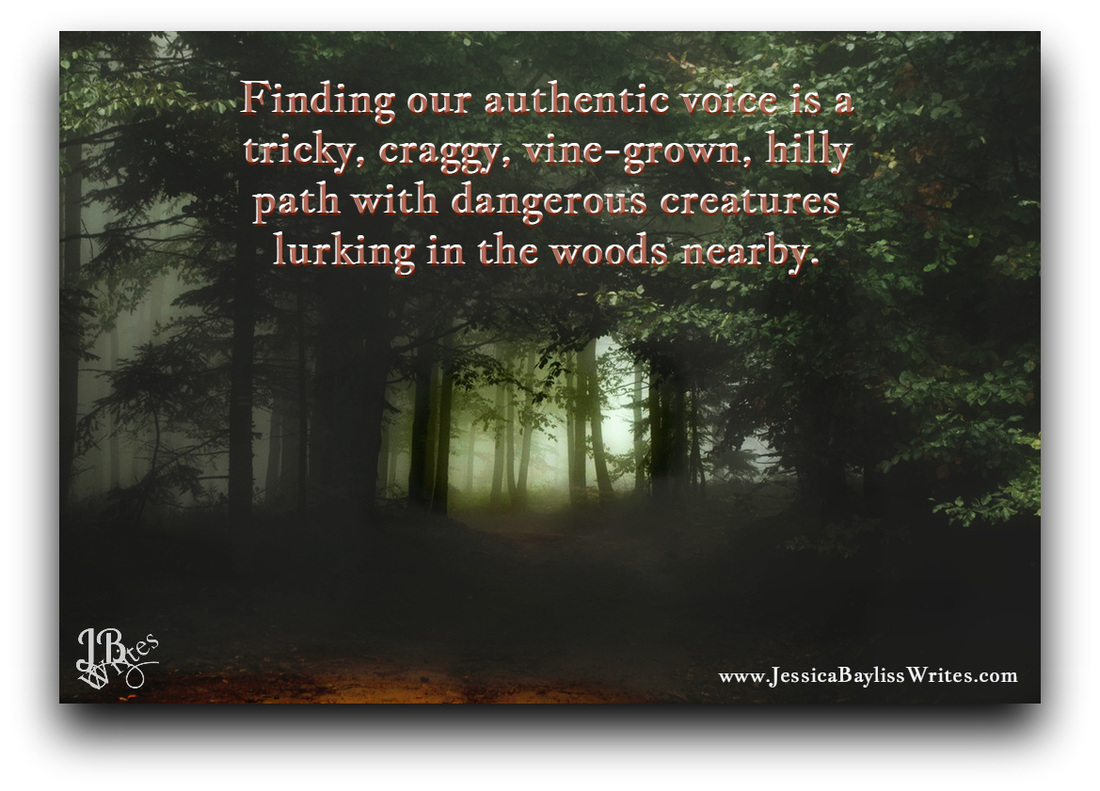
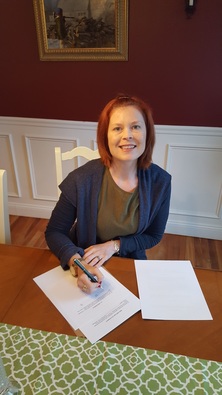
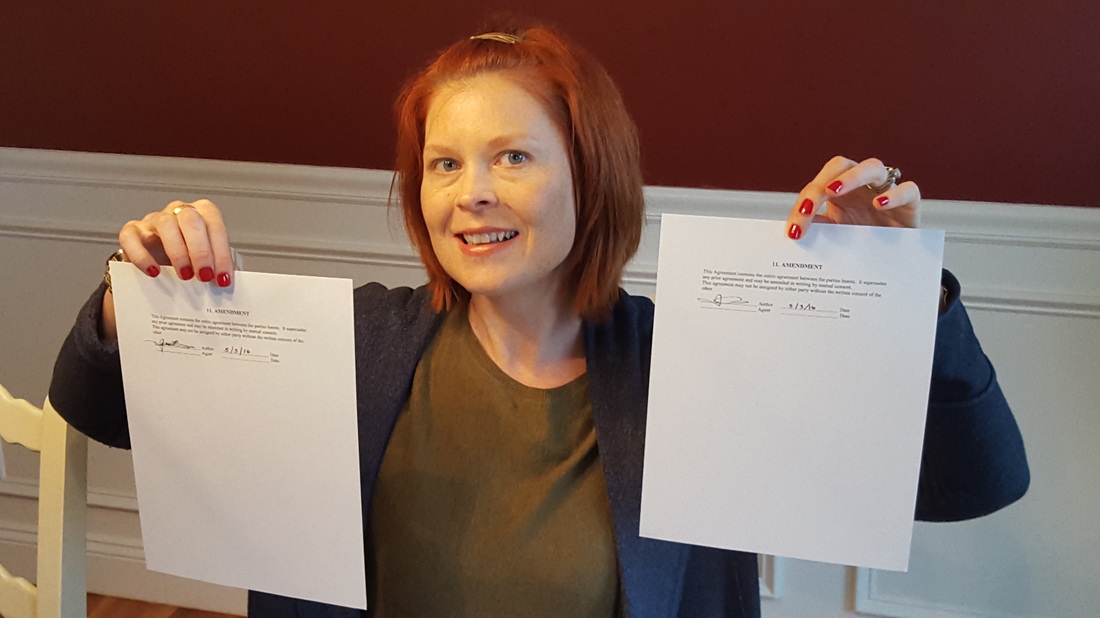
 RSS Feed
RSS Feed
